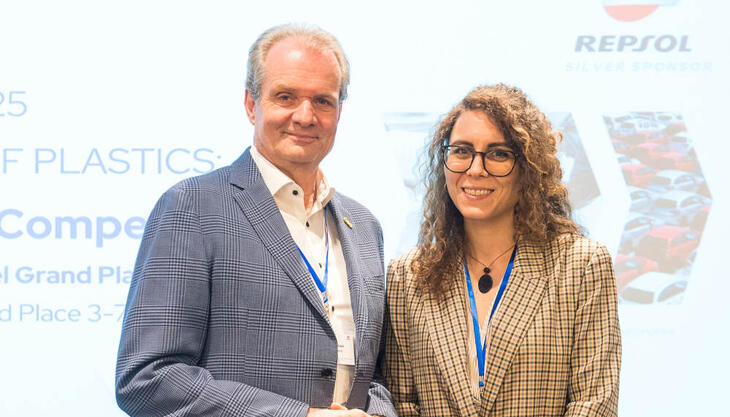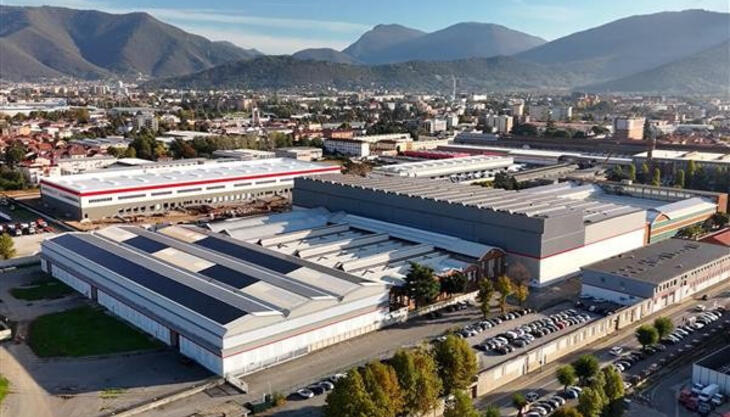PVC Consumption in Italy
Italy processed a total of 730 ktons of PVC in 2011, a result that represents a 3.9% drop on the figure recorded in 2010; the reduction mainly concerns rigid PVC, while the volumes for flexible PVC are in line with those of the previous year. In general, the sector has essentially returned to the levels of 2009. This is what emerges from a study conducted by Plastic Consult for PVC Forum Italia.
The building sector, with an approximately 34% share of the market, continues to be the main outlet for PVC application, despite a reduction in volume terms (245,000 tons) compared with 2010, attributable to the severe crisis within the industry. In the pipe segment (118,000 tons) the negative trend has been aggravated by a lack of investments in water supply infrastructures, while profiles for window frames and other applications (115,000 tons) show less marked reductions around 3%. In particular, Italy's production of profiles for window frames appears stationary, with a share of the demand for high thermal efficiency frames being met also by imports.
Packaging accounts for 15% of the market; its 110 ktons (versus 119,000 in 2010) confirm it as the second outlet for the PVC application. The other sectors have remained, on average, substantially steady, some even recording increases in production. PVC-based compounds destined for international markets did particularly well (+8%), confirming the positive trend recorded in 2010. Applications in the telecommunications also recorded positive results.
With regard to recycling, 2011 saw overall volumes of pre-consumer waste falling slightly, a reduction offset by increasing amounts of post-consumer waste. The overall amount of recycled material produced in 2011 thus remained at the 2010 levels (65-70 ktons), with the post-consumer share accounting for just over 20%. Most recycled rigid PVC is used in the production of pipes (conduits, guttering, supports for floriculture etc.), profiles (skirting boards, joint covers, angle profiles for concrete etc.), and monofilaments for brushes and brooms. Recycled flexible PVC is instead used to produce garden hoses, although a fair quantity is also destined for waterproofing membranes and car mats.
















